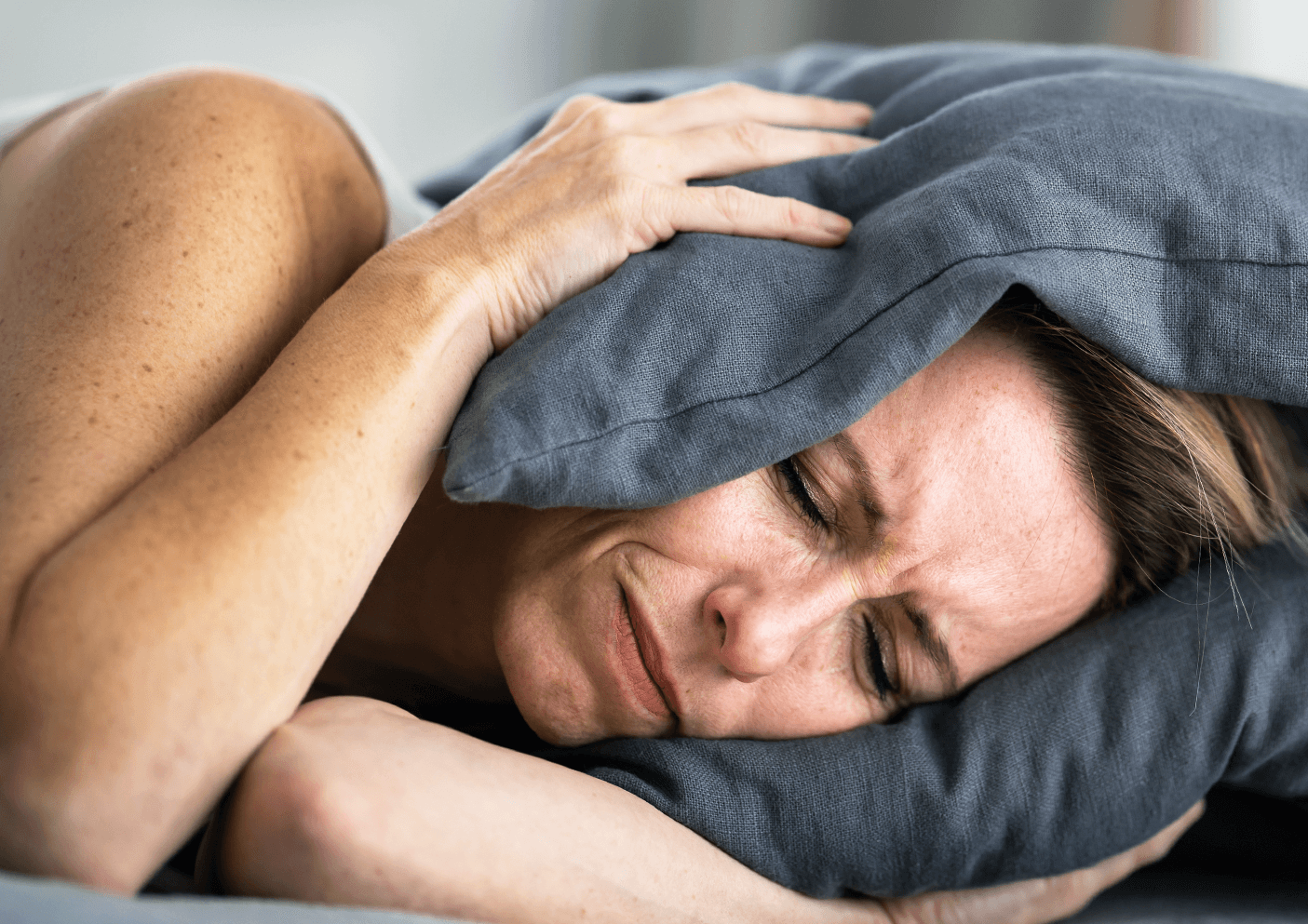
02 Feb Six Ways to Beat Insomnia
Insomnia is a common sleep disorder that makes it difficult for you to fall asleep and remain asleep. Most people will go through times when they struggle to fall asleep and stay that way, but if these problems persist, to the point where getting up in the morning is a problem more than a few times per month, you are most likely suffering from some form of insomnia. In this post, we will discuss six ways to beat insomnia.
The causes of insomnia include various physical and mental factors such as stress, lack of physical activity during the day, poor night time sleep habits, illness, too much caffeine, mental disorders, medications, alcohol, nicotine, and sleep-related and on and on. In other words, there are many, many causes of insomnia but luckily there are some very basic things you can do to help eliminate many of the causes of insomnia such as:
1. Avoid caffeine after noon
People rely on caffeine to help them stay awake, but taking it in the afternoon can cause sleep problems. Caffein can be found in some foods, certain medications, and beverages. Instead, consider taking more whole grains and proteins, going for a walk, or drinking water. Other hidden sources of caffeine are tea, chocolate, weight loss pills, certain pain relievers, energy drinks, and soda.
2. Limit naps
Napping may seem like an excellent way to compensate for missed sleep, but it can affect your nighttime sleep quality. Try establishing and maintaining a regular sleep pattern and train yourself to link sleep with consistent bedtime and darkness.
3. Exercise
Regular physical activity lowers insomnia risks and helps you get a good night’s sleep. Performing exercises like aerobics for a minimum of 10 minutes each day can significantly boost your sleep quality. Consider swimming, running, or cycling as good aerobic options to improve sleep quality.
4. Alcohol disrupts sleep
Alcohol can be deceiving. It may make you sleepy initially but disturb your sleep later on. Alcohol disrupts your sleep pattern and may cause you to wake up too early the following day. It may also make you wake up several times at night and block the deep restorative rapid eye movement. Since alcohol relaxes muscles, those on your throat included, the risk of snoring and sleep apnea may increase. Choose nighttime drinks that won’t cause headaches or dehydrate you the next day.
5. Avoid eating immediately before going to bed
Taking late-night dinners and snacks right before your bedtime activates the digestive system and keeps you awake. It’s essential to avoid late-night eating and drinking if you have a gastroesophageal reflux or heartburn condition, as this may worsen the symptoms. Additionally, taking a lot of fluids before bed can be overwhelming for the bladder, causing frequent bathroom visits and disrupting your sleep.
6. Consider cognitive therapy
Cognitive therapy is ideal for some people experiencing insomnia as it helps with identifying and correcting inappropriate beliefs and thoughts contributing to sleep problems. Cognitive therapy can also give you the correct information about age-related sleep changes, sleep norms, help you set realistic sleep goals, and more.
Try these basic actions for a few days and see if your sleeping habits improve. Remember, this condition most likely took weeks, months and possibly years to develop. It is not likely that it will go away in just a few days. Incremental improvement is still improvement. However, don’t be afraid to speak with a health professional about your condition if you don’t improve. There are various natural supplements and if needed, drugs to help your insomnia.
